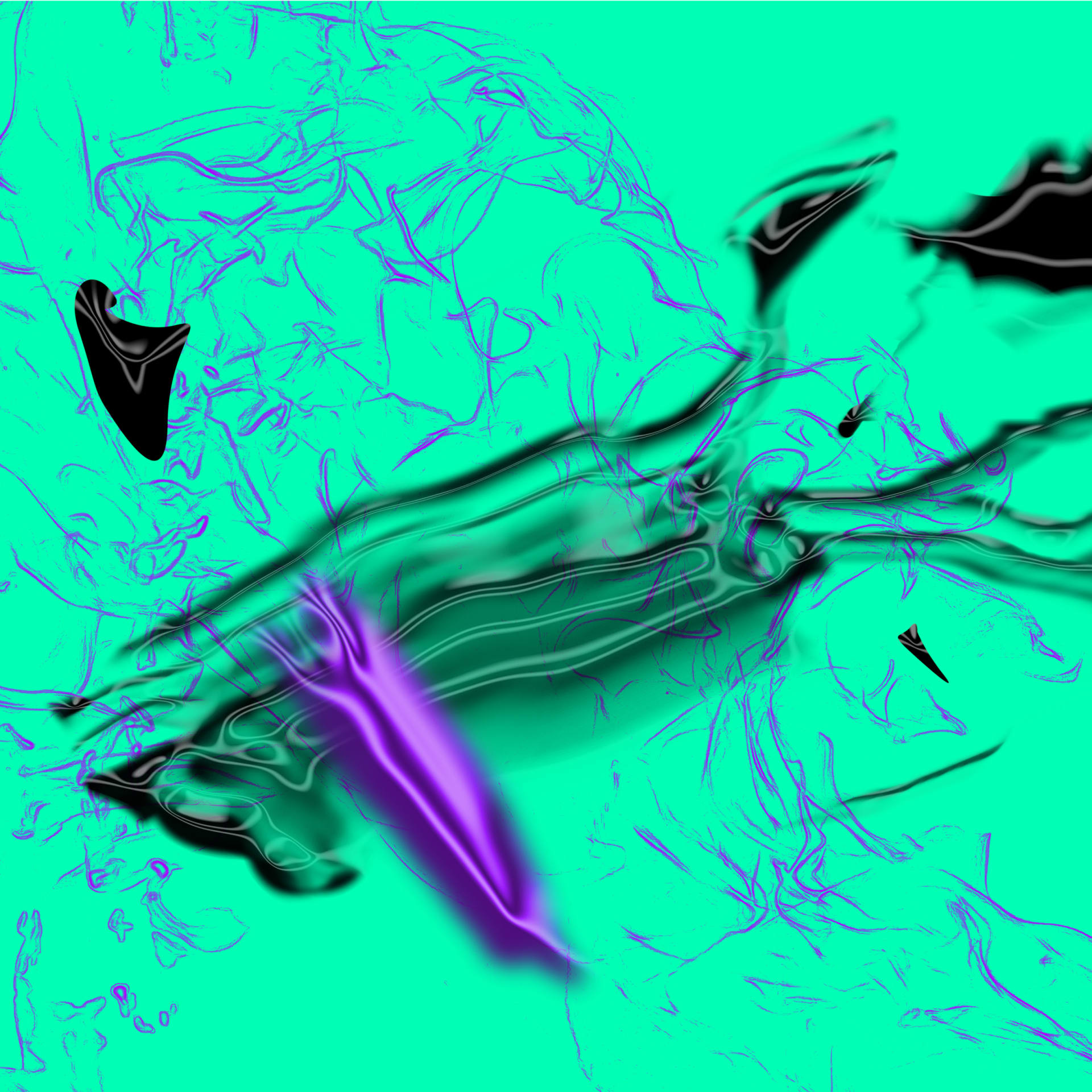

Continental Drift: 20 Club Tracks Guiding Us Into a New Era
Imaginative batida, hardcore, experimental club, and more that embodies the unpredictability of our future.
In the last Continental Drift, we explored how dance music’s collective memory function shifts in a world without clubs. Two months later, what little progress had been made in Europe’s clubbing capitals has largely disappeared, while the institutional response in the United States is as patchwork and disastrous as ever.
Sonically, club music is more unmoored from its tangible context than ever, which begs the question of how it should be discussed. What does a six month- or year-long absence from the dancefloor mean for both the construction of present and future sonic sensibilities? With both the collective sonic narrative and individual tastes in mind, COVID-19 will surely affect how existing spaces are understood and what form the music played in them will take going forward.
By loading the content from Soundcloud, you agree to Soundcloud’s privacy policy.
Learn more
The long conceptual arc of techno, and music imbued with science fiction (or fictional narratives in general), has the capacity to unsettle and loosen the ground of the present and open up new imaginative potential for the future. In a moment where the future is both literally and metaphorically closed off to many, it’s important to look to sounds that question the foreclosing of possibilities. Of course, self-proclaimed science fiction music is only one place where this future-making occurs. It can also be found in the innate groove of Blacksea Não Maya’s batida productions, the history-transgressing intensity of Sueuga Kamau’s “1973” and the raw physicality of Hyph11e’s debut album Aperture.
These are songs that engage in collective knowledge-building practices, both mundane and conceptual. This is manifested in DJ Chad and Jana Rush’s continued mining of Chicago’s tradition of movement, and the seemingly infinite sonic experimentation of Nkisi and Slikback. There’s BLOODZ BOI 血男孩, Tohji and bod [包家巷] coming to together for a transcendent Chinese-Japanese vocal collaboration, and Dave Quam entering yet another instinctual mutation into the juke schema. Dance music is currently stripped of its functional qualities, so why don’t we focus on the transnational and intergenerational building blocks that are so often denuded by corporatized and commodified modes of listening?
It’s easier than ever to take a step back and appreciate the canon of club music as an assemblage of loosely interconnected links that form what is unknown and what is to come as much as it reflects the present. Perhaps we can also step back from the churn of release cycles and the exhaustion of jammed club night schedules to engage with new releases as timeless sonic entities and narrative jumping off points. Much progress has been made towards understanding, if not addressing, the political economic makeup of the dance music industry and, with luck, a new set of futures will follow.
Gabe Meier is based in Chicago and has been writing about the latest evolutions in dancefloor music since 2012. The Astral Plane is his primary outlet, spanning a blog, record label and radio show. Follow him on Twitter here.
Additional graphic design by Ekaterina Kachavina.
This article was published
Published November 03, 2020. Words by Gabe Meier.












